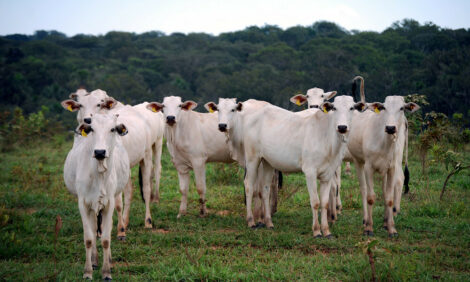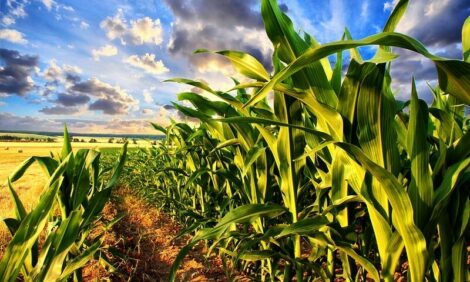



We Waste 75 Million Cows Worth of Beef Globally
GLOBAL - The equivalent of 75 million cows in meat is lost or wasted globally, according to a leading world food and farming body.The World Food and Agriculture Organisation (FAO) has released data stating that a fifth of the world’s 263 million tonnes of meat does not make it as food.
These eye catching figures have been released in anticipation of World Food Day, as projections from a separate collaborative research programme serve to demonstrate the increasing importance of a robust meat supply.
According to the Consultative Group on Agricultural Research, demand for meat protein is forecast to grow by 75 per cent in low and middle income countries between 2005 and 2050.
Sharp percentage increases in North Africa and East Asia have been predicted, with new demand growth led by a 309 per cent expansion in South Asia.
Such research is vital to producing 50 per cent more food by 2050 to feed 9 billion people, FAO analysts have said this week.
But, the task of supplying an average of 30 kg of meat per person annually could be the formula for continued hunger and poverty, according to a leading analyst at the World Bank.
The World Food Bank has underlined the risk of climate change to food production as weather patterns are set to become more ‘extreme’.
The World Bank’s warning to livestock production was that global productivity can expect to drop as global warming edges temperatures higher.
Juergen Voegele Director, Agriculture and Environmental Services, World Bank has advocated ‘climate-smart agriculture’ as a means of meeting the world’s nutrient targets in a sustainable manner.
This requires a change of mind-set across vast swathes of the global farming community, which the World Bank says can strengthen agriculture through increasing income, making systems more resilient to climate change and mitigating climate change.
Mr Voegele commented: “Very simply, climate-smart agriculture aims to produce more food on less land, and with a minimal environmental footprint. This principle needs to be applied across landscapes—crops, livestock, forests, and fisheries—to be effective.”
Such programmes are partly in response to emissions studies, also from the FAO, that have stated 42.6 per cent of emissions as enteric, releasing methane.
Other major classes are from applied and deposited manure (18.1 per cent), which releases Nitrous Oxide, and pasture expansion (14.8 per cent), which releases trapped carbon dioxide.
Governments and producer organisations have been rallied into action by Mr Voegele who concluded that significant changes and global convergence is now taking place around what was previously a very polarized debate.
Michael Priestley
News Team - Editor
Mainly production and market stories on ruminants sector. Works closely with sustainability consultants at FAI Farms



